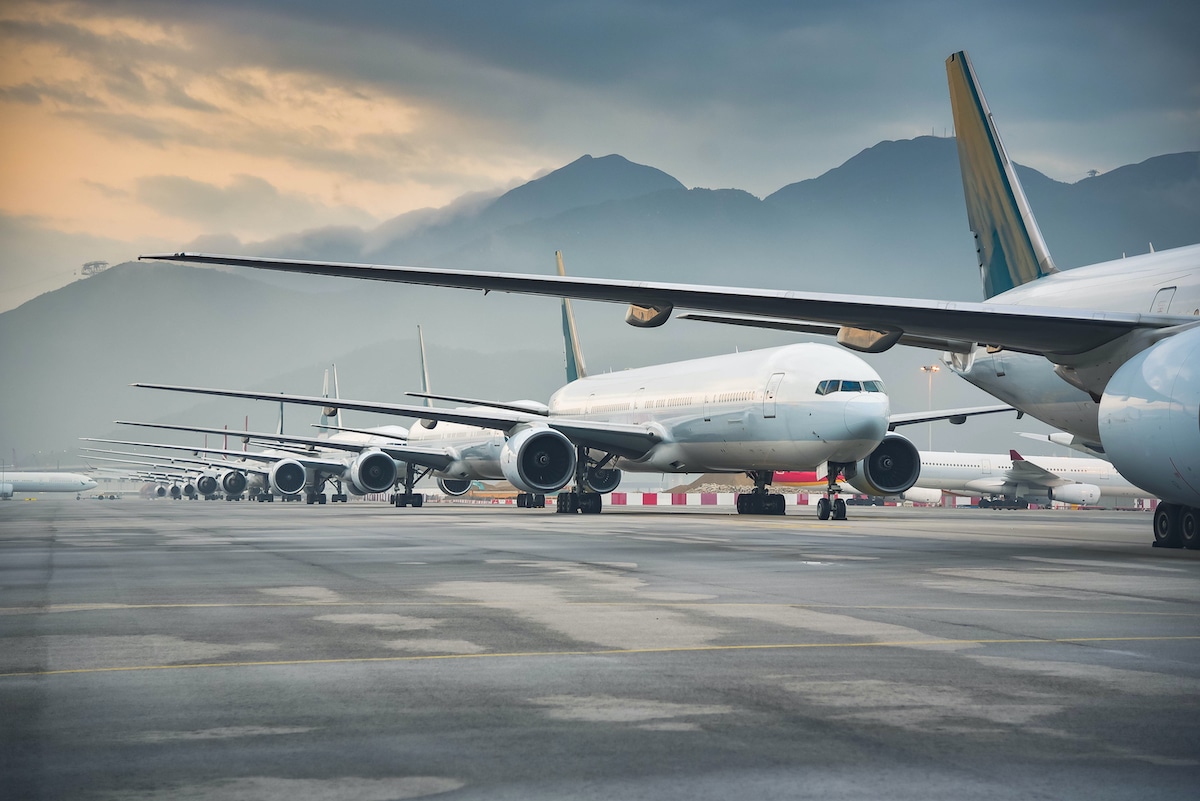The aviation industry in the UK is facing significant challenges post-Brexit, with UK pilots struggling under increased bureaucracy despite Brexit’s promise to reduce red tape.
Bureaucratic Fallout
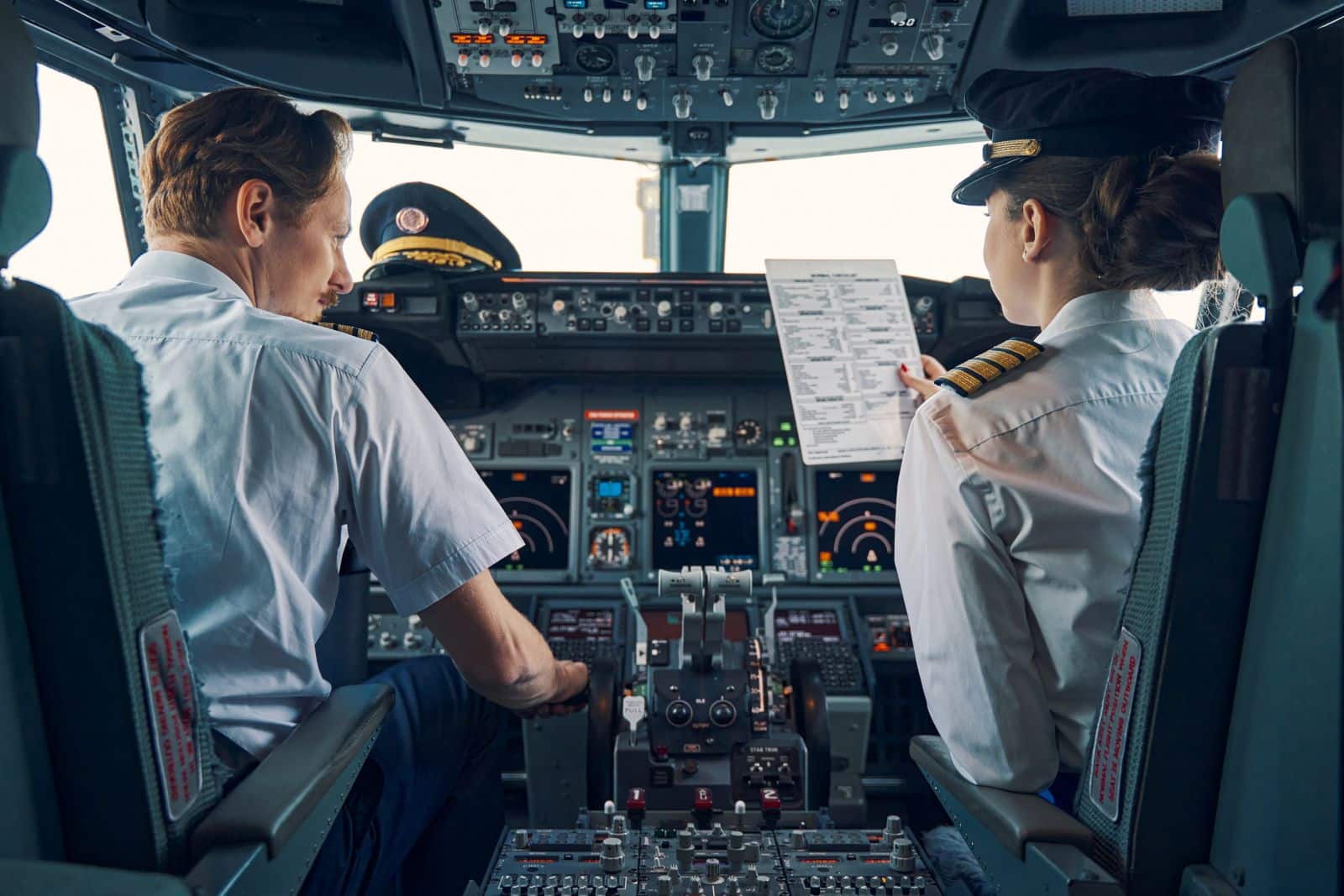
Since the UK’s departure from the European Union, the aviation industry, particularly UK pilots, has been hit hard by the bureaucratic fallout. What was once a streamlined and harmonized system of regulations has now morphed into a maze of red tape, creating significant hurdles for pilots who need to operate across European airspace.
Licensing Nightmares

The most immediate and painful consequence for UK pilots is the loss of automatic recognition of their licenses within the EU.
Pre-Brexit Licensing Simplicity
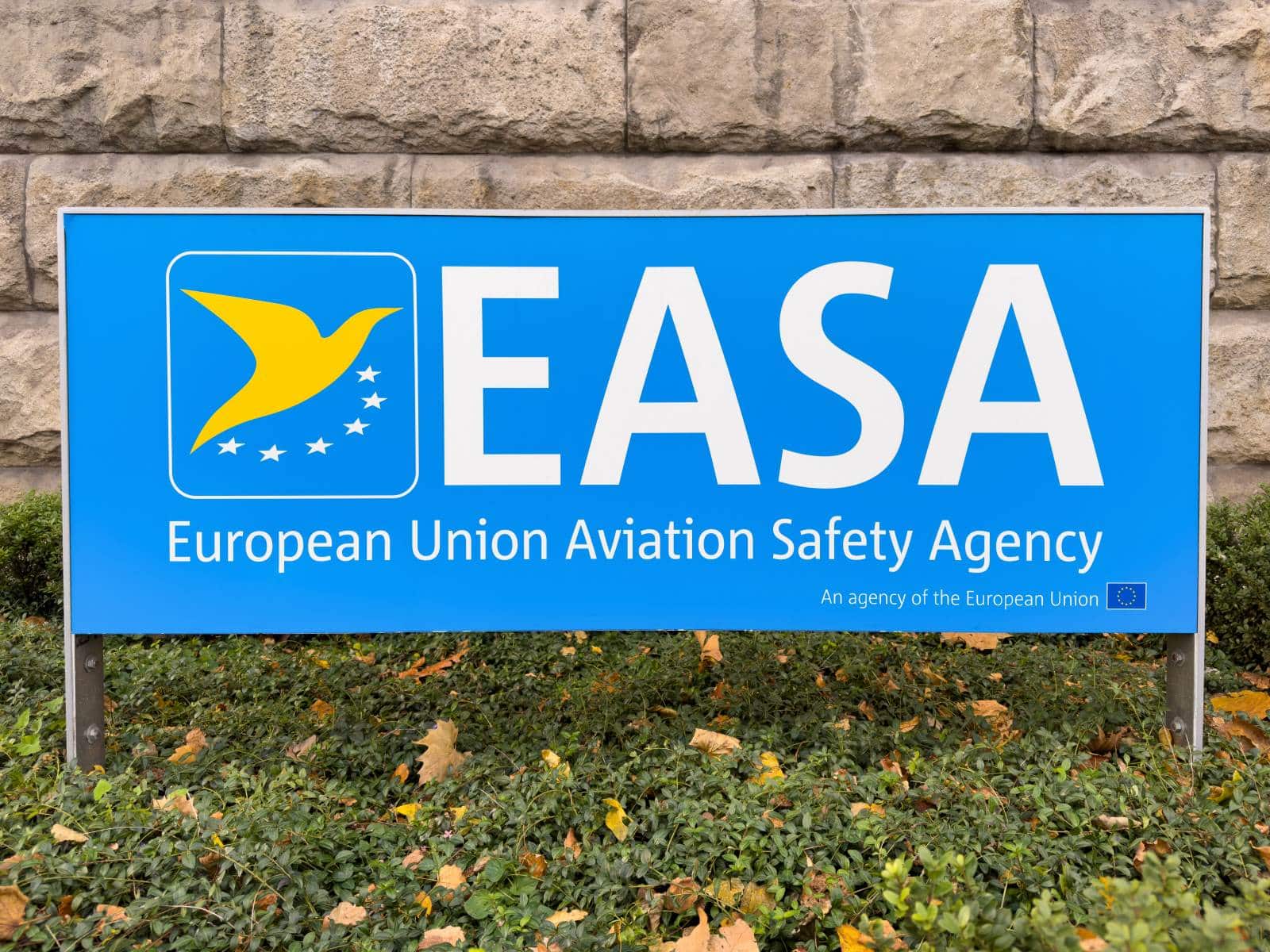
Before Brexit, a UK-issued European Union Aviation Safety Agency (EASA) license was a passport to flying across Europe.
Post-Brexit Licensing Complexities

Post-Brexit, those licenses are no longer valid in EU countries.
The Burden of Dual Licensing
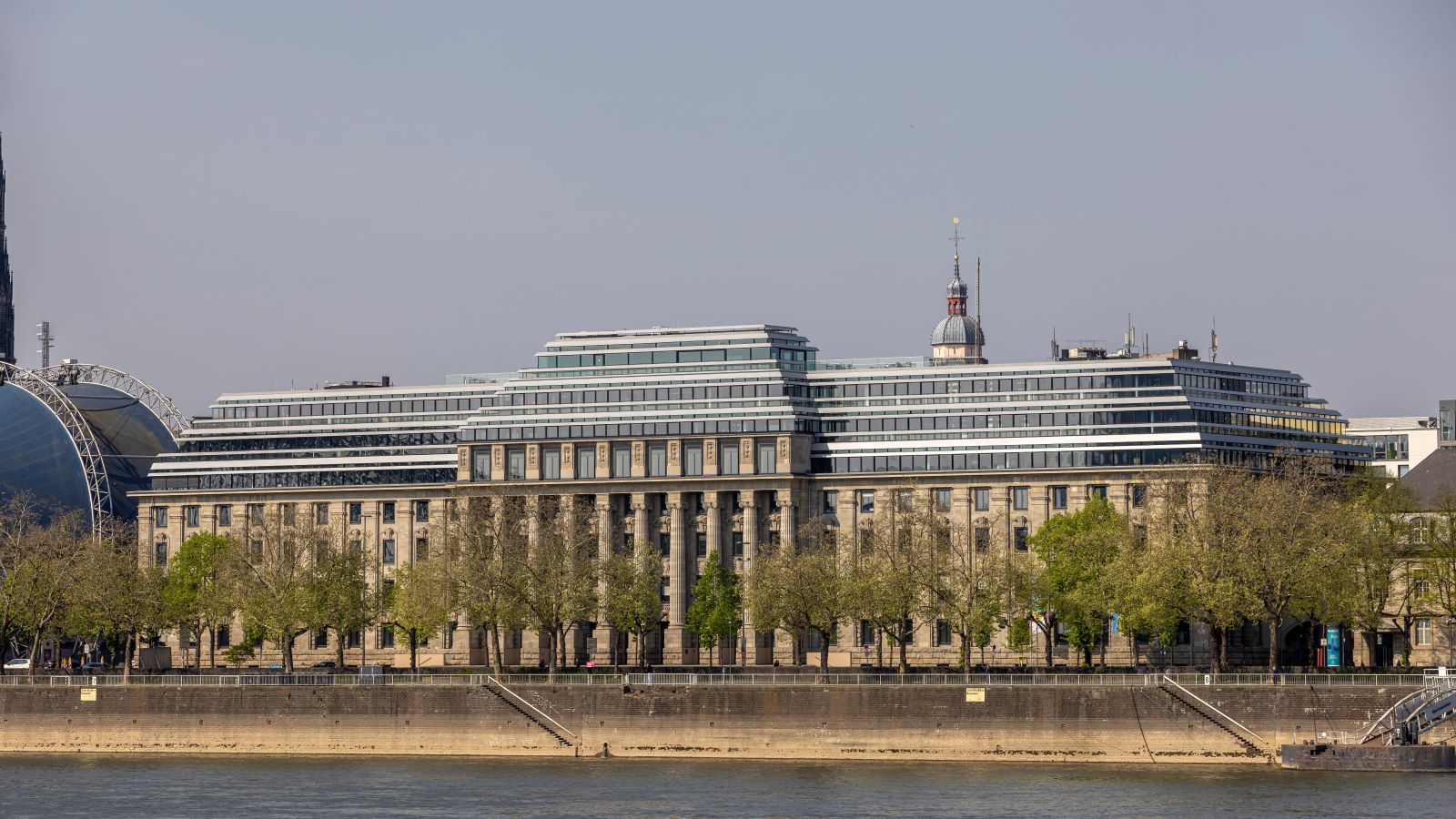
UK pilots must now obtain an EASA license in addition to their UK Civil Aviation Authority (CAA) license.
Financial and Administrative Woes
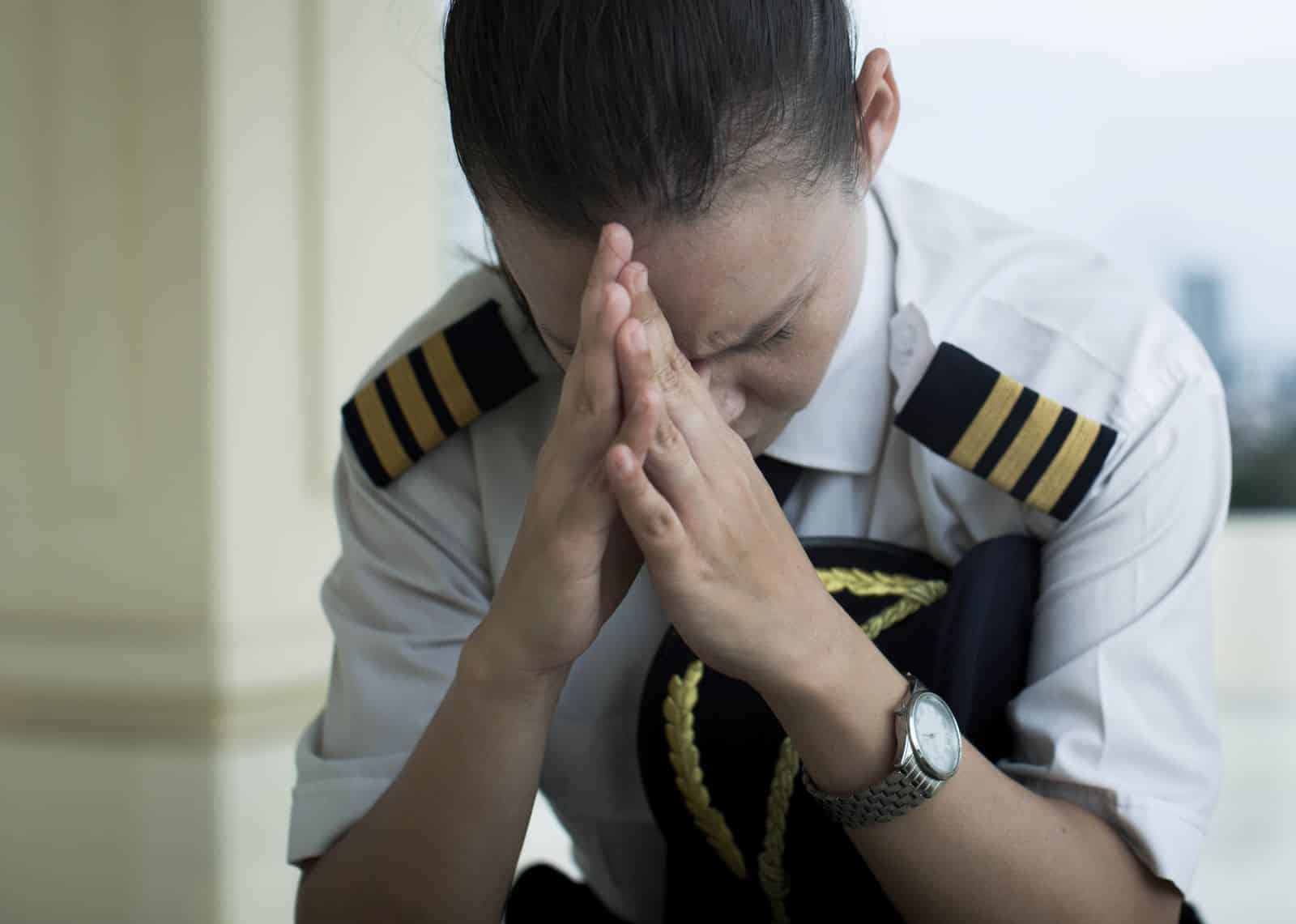
This dual licensing process is both costly and time-consuming.
Chris Hope’s Perspective

Chris Hope, CEO of One Air, has voiced frustration over the lack of mutual recognition of professional qualifications between the UK and EU. He remarked, “Brexit’s promise was to cut red tape, but for UK pilots, it’s done the exact opposite.”
Increased Costs of Compliance

Beyond licensing, the regulatory landscape has become far more complicated for UK pilots.
Dual Compliance Headaches

UK pilots now need to adhere to both UK and EU aviation regulations, adding layers of bureaucracy.
Operational Planning Nightmares
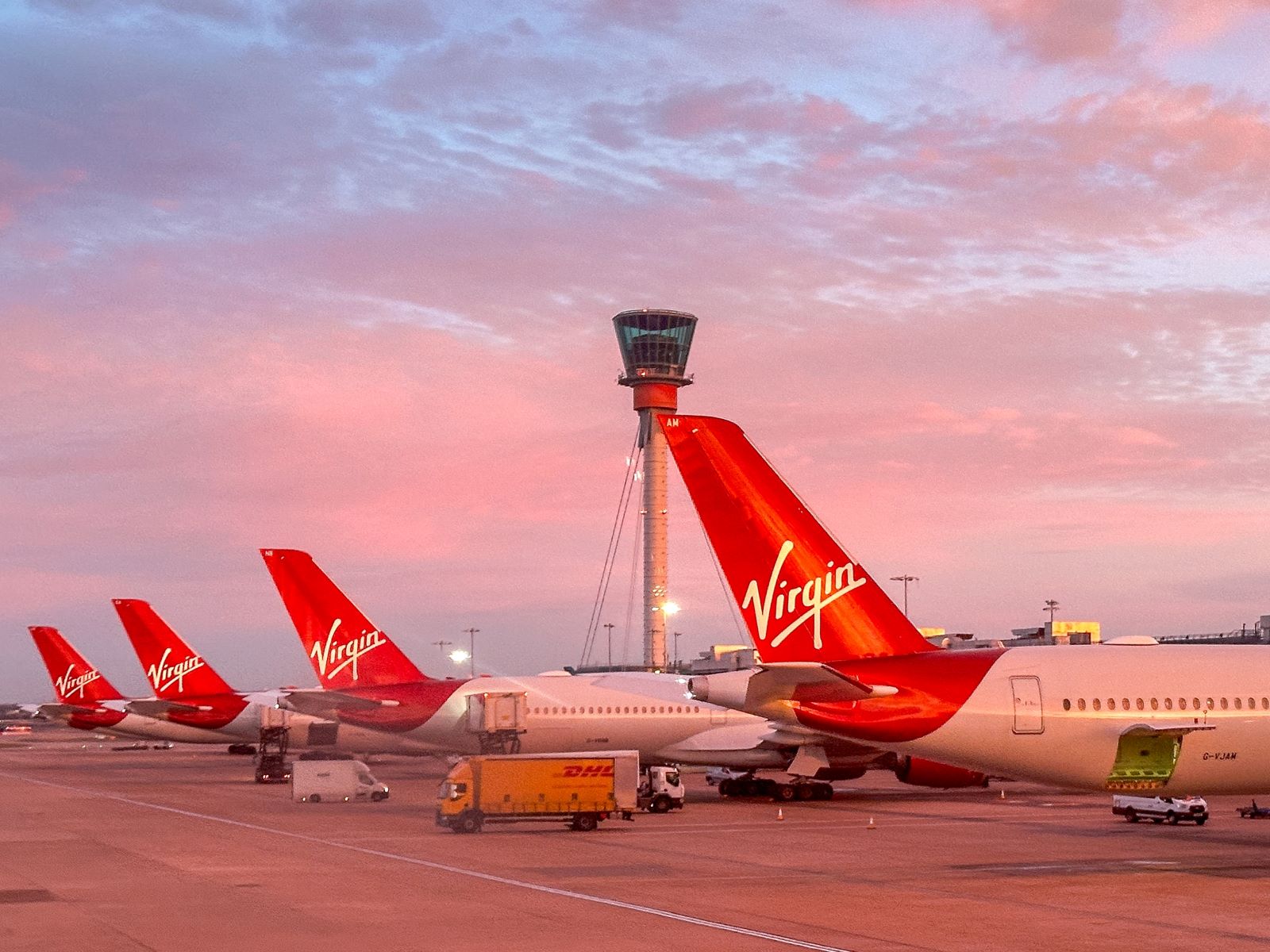
The extra layers of bureaucracy have slowed down operations and increased costs.
Real-World Financial Impact

For example, One Air faces repair bills soaring up to £400,000 due to Brexit-related complications.
Threat to Business Viability

“These are costs we simply didn’t face before Brexit, and they’re threatening the viability of our operations,” Hope added.
Impact on Training and Recruitment
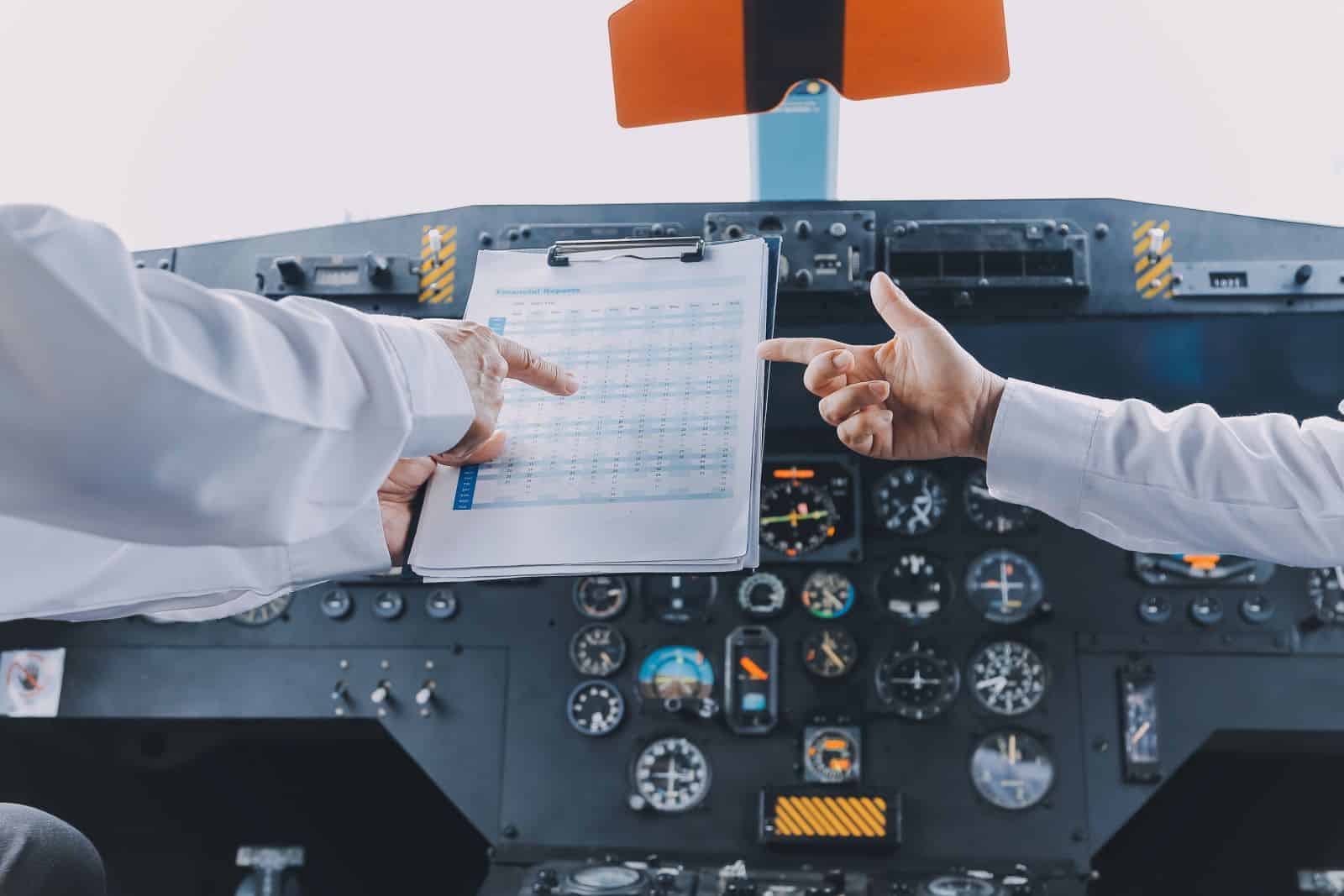
Brexit has put a significant strain on pilot training and recruitment.
Decline in Training Enrollments
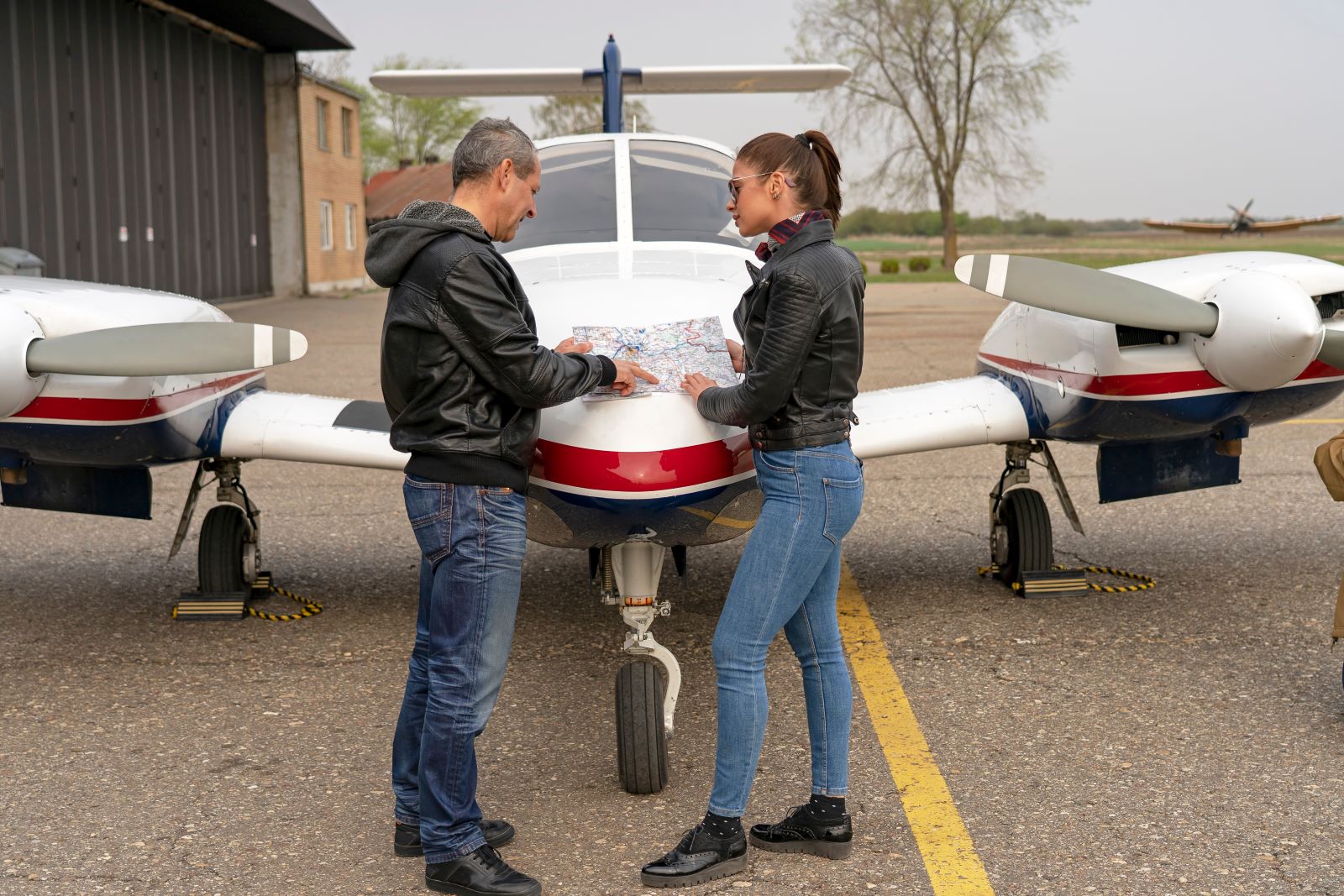
UK-based training organizations face difficulties as their qualifications are no longer recognized in Europe.
Diminished Job Opportunities
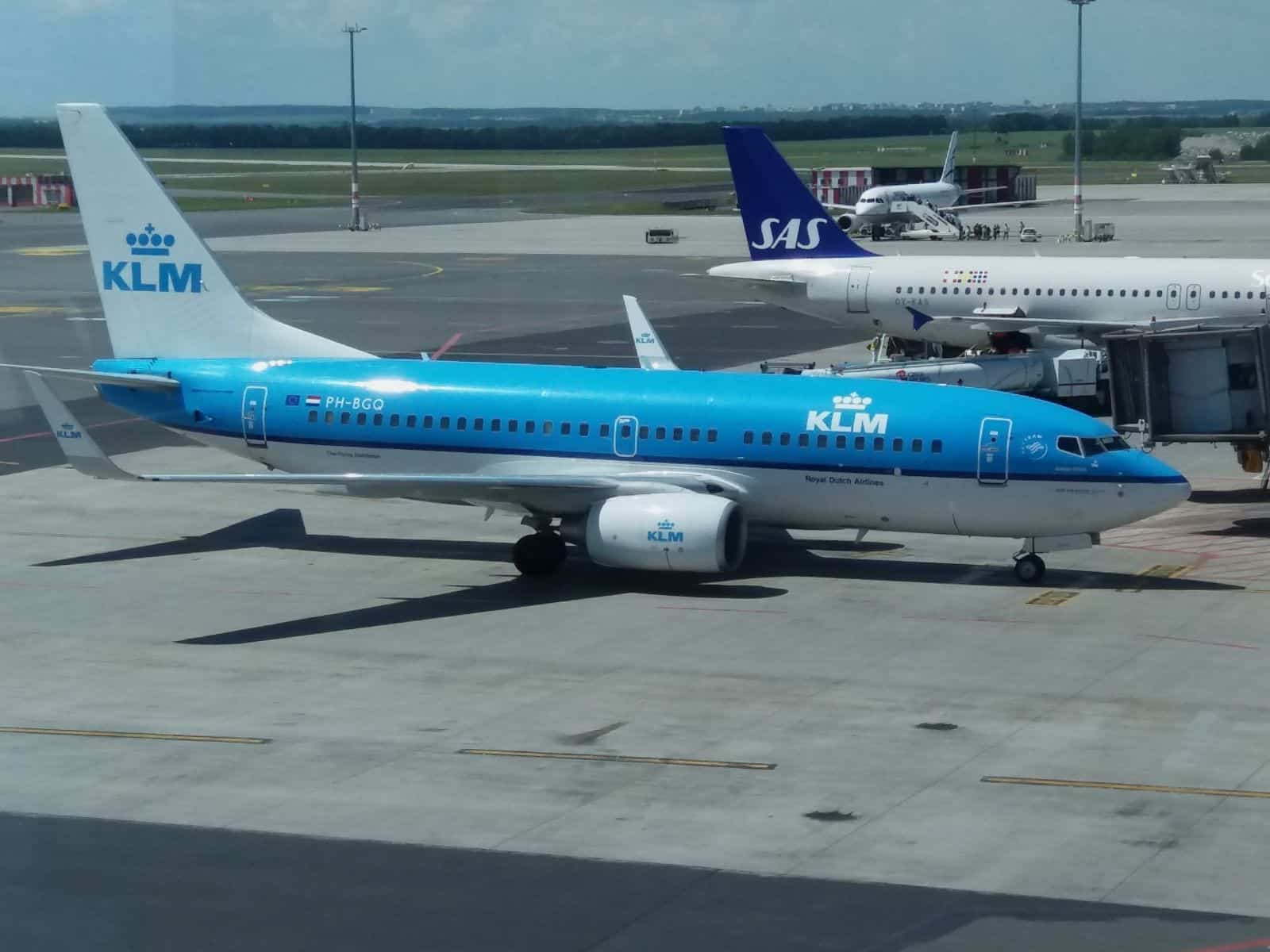
UK pilots are finding it harder to secure jobs with EU airlines due to licensing issues.
The Call for Reform
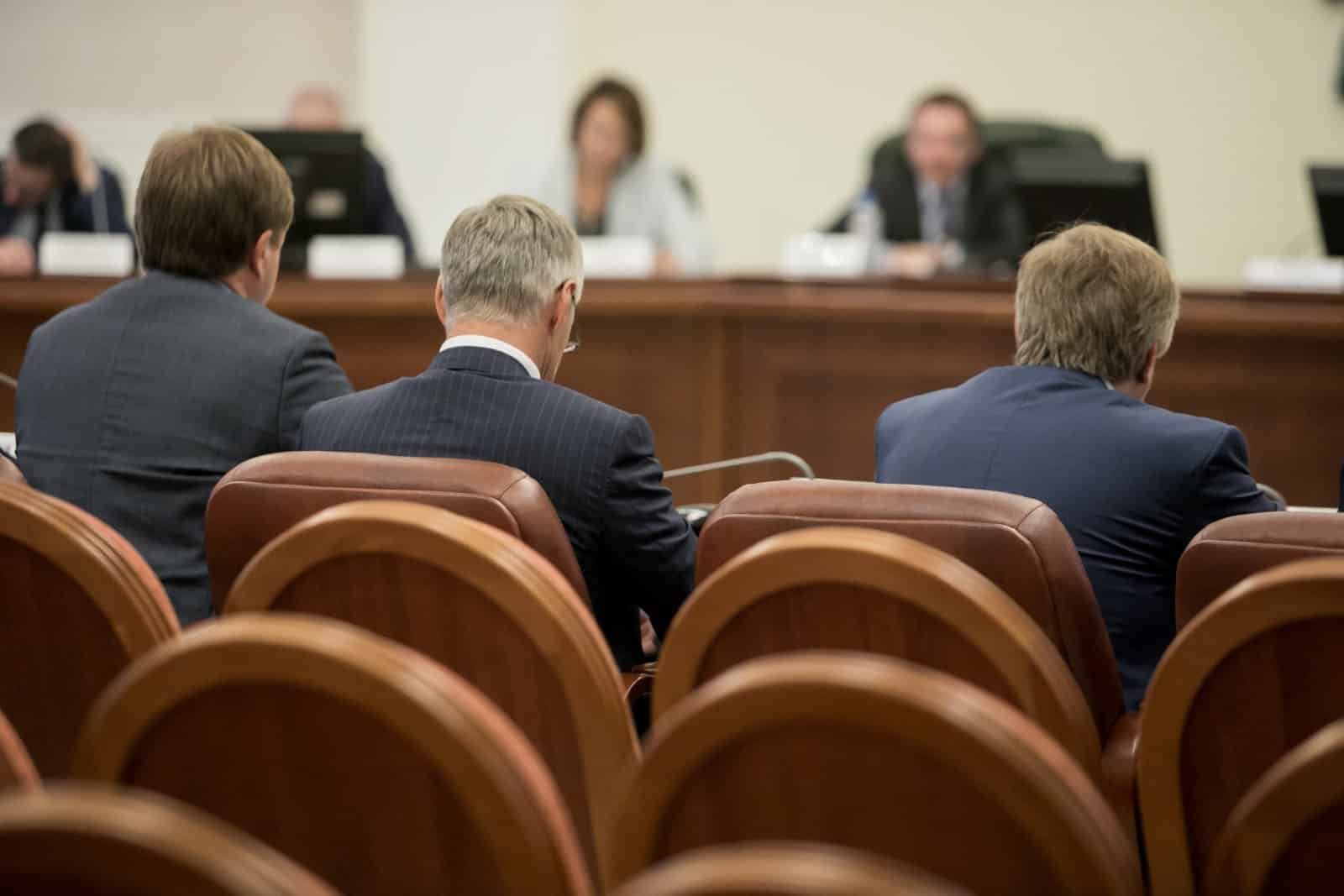
The aviation industry, represented by BALPA, is pushing hard for solutions.
Advocacy for Mutual Recognition Agreements
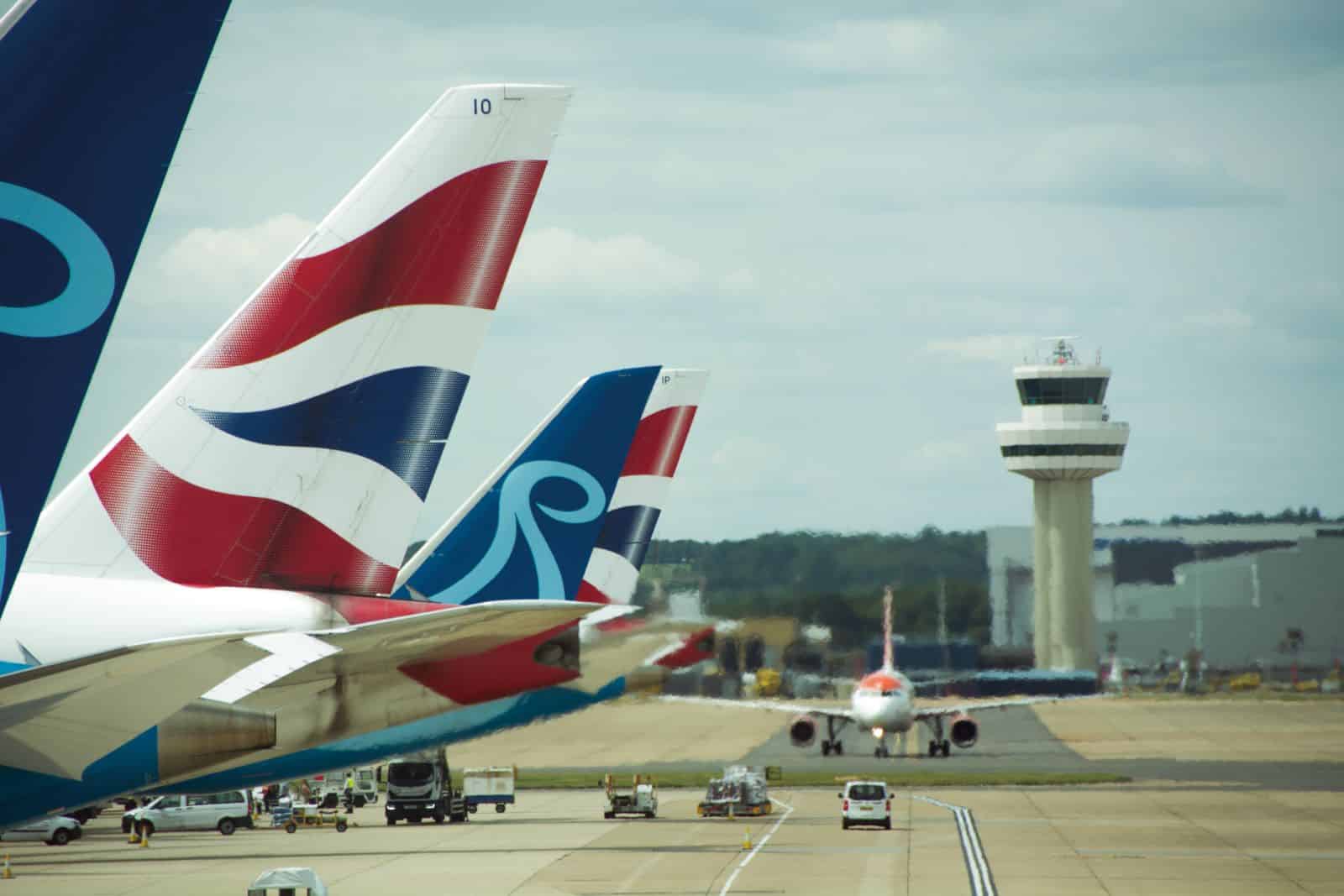
BALPA argues for mutual recognition agreements between the UK and EU to simplify the licensing process.
Political Will Required
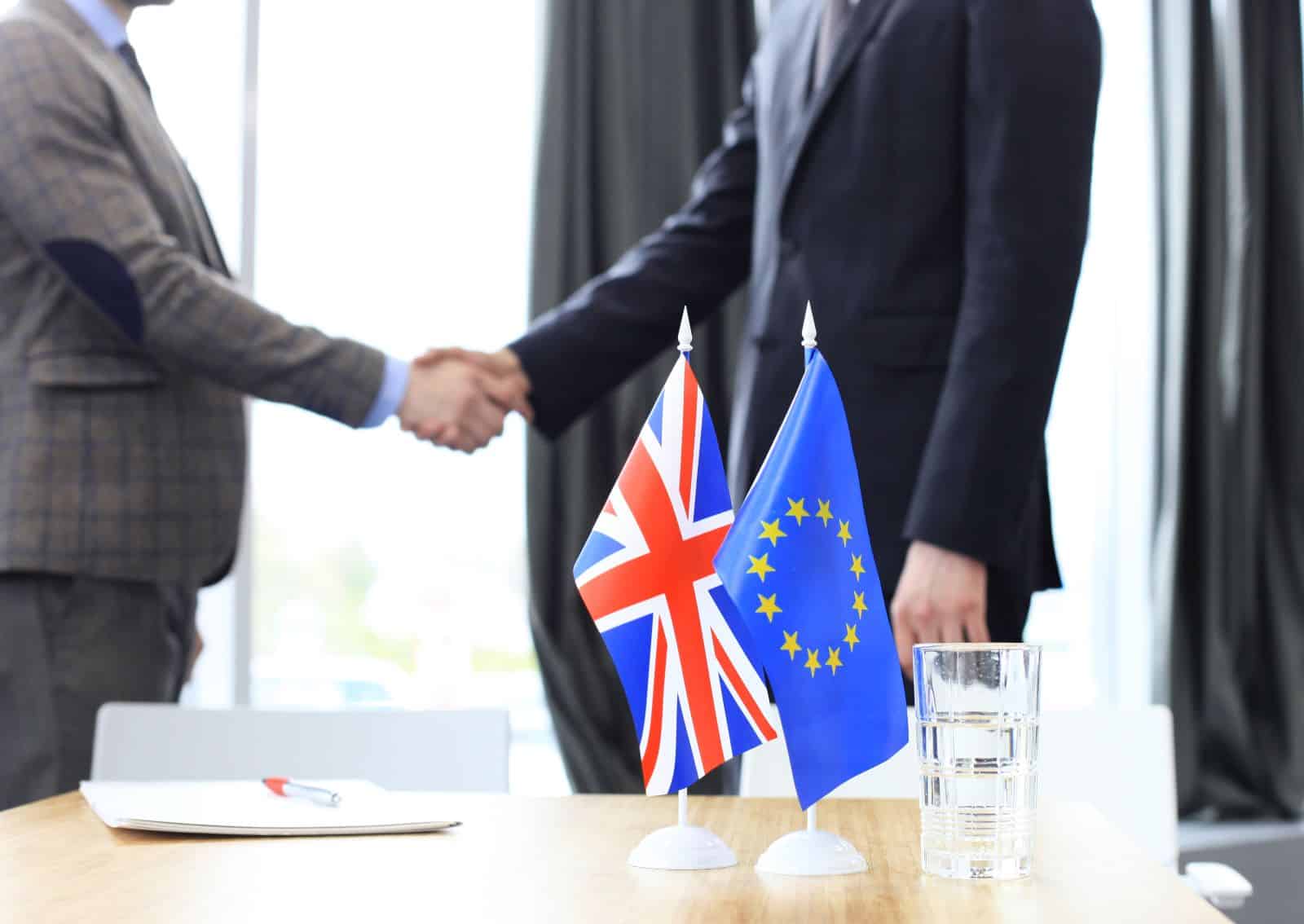
Such agreements require political will, but with ongoing tensions between the UK and EU, they’re not guaranteed.
Navigating the Complex Landscape
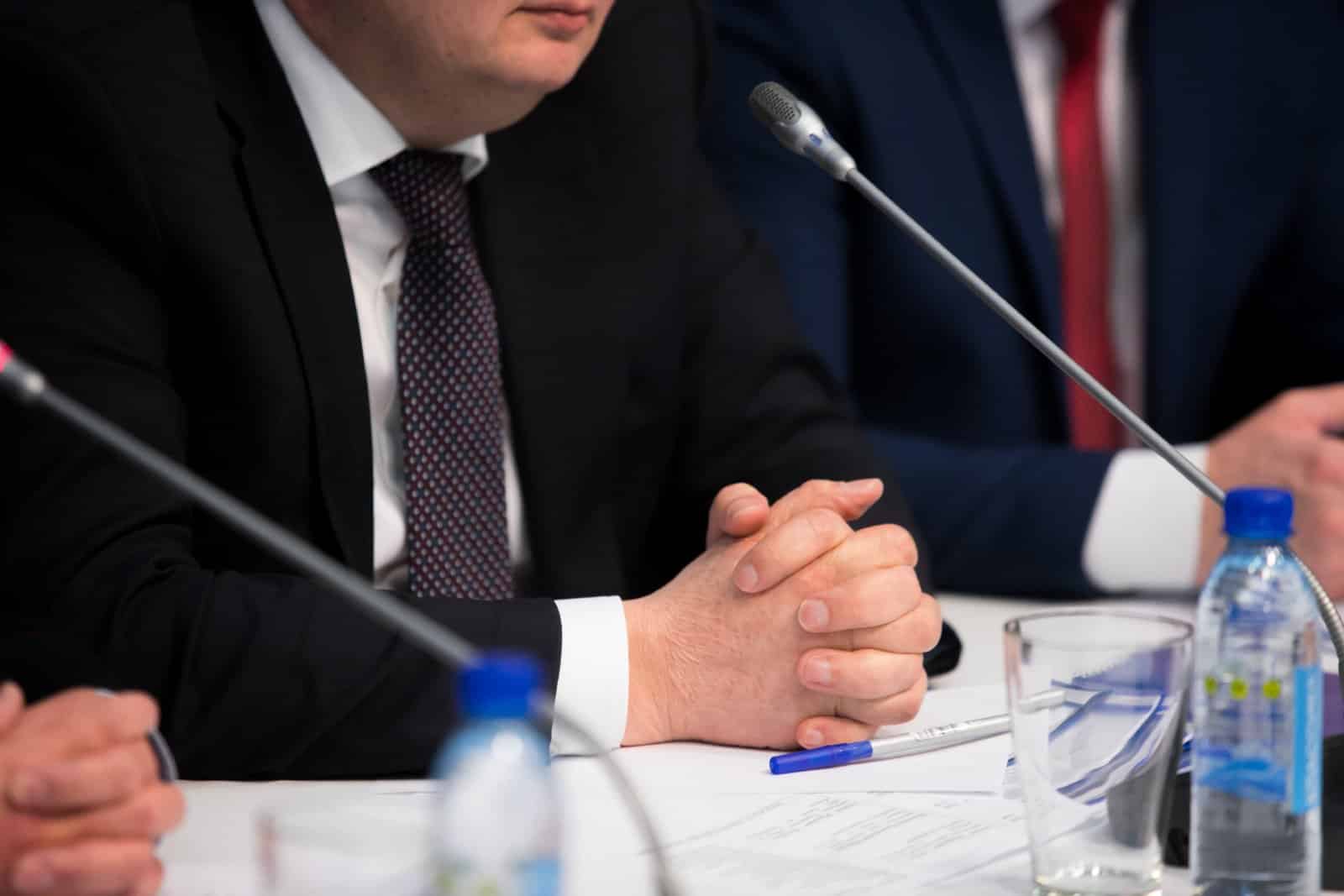
In the meantime, UK pilots must navigate this new, complex landscape.
Brexit’s Broken Promise
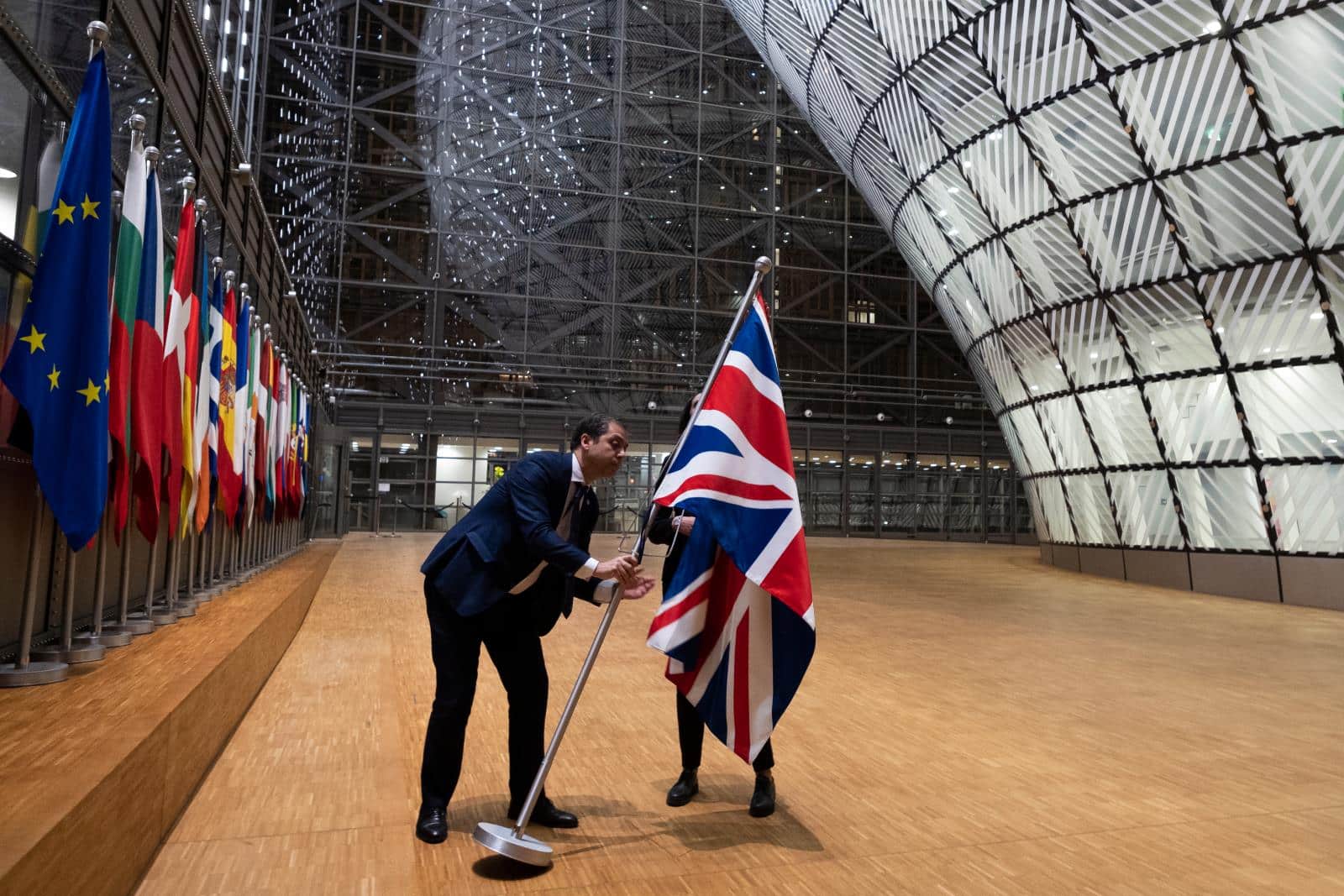
As Chris Hope bluntly put it, “Brexit’s promise was to cut red tape, but for UK pilots, it’s done the exact opposite.”
The Need for Government Intervention
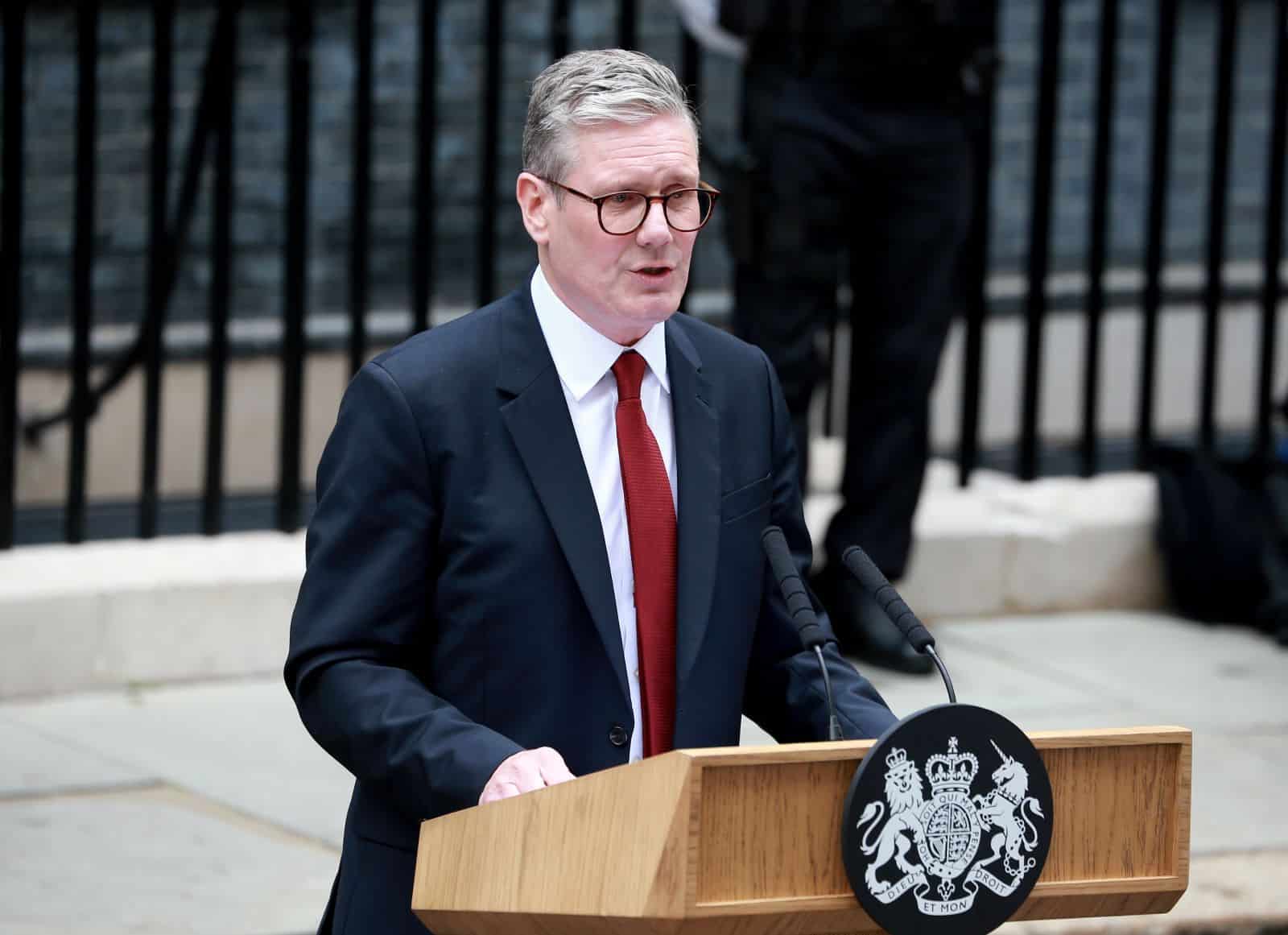
Whether the government will step in to untangle this mess remains to be seen, but for now, UK pilots are left to deal with the turbulence on their own.
Featured Image Credit: Shutterstock / heychli.
For transparency, this content was partly developed with AI assistance and carefully curated by an experienced editor to be informative and ensure accuracy.
The images used are for illustrative purposes only and may not represent the actual people or places mentioned in the article.

